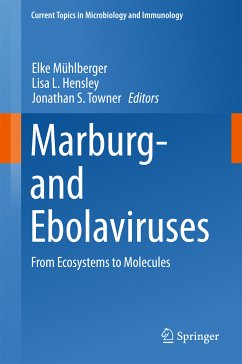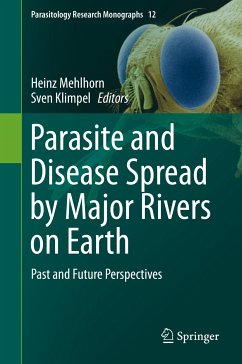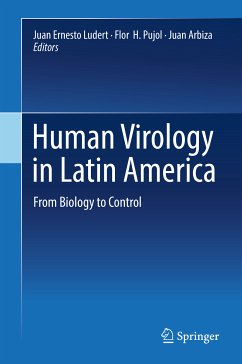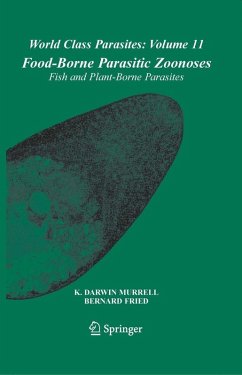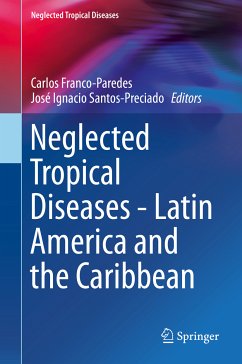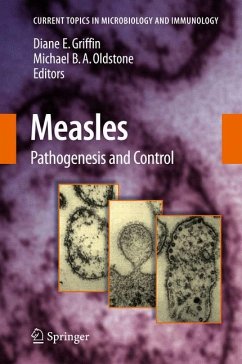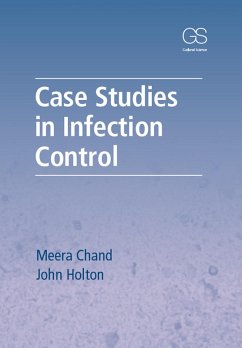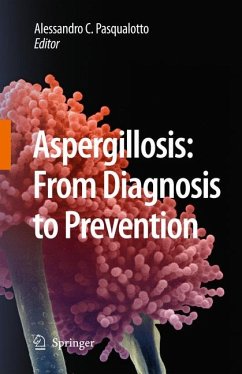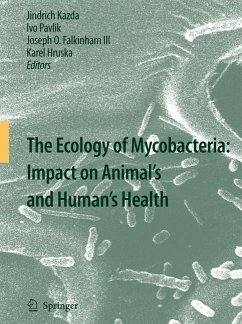
The Ecology of Mycobacteria: Impact on Animal's and Human's Health (eBook, PDF)
Versandkostenfrei!
Sofort per Download lieferbar
160,95 €
inkl. MwSt.
Weitere Ausgaben:

PAYBACK Punkte
80 °P sammeln!
habitats and the overlapping of these biotopes by humans and animals contributed to the spread of mycobacteria and perhaps to their convergence to pathogenicity. It was not our intention to present a compendium covering all published results, but rather to issue a "readable" book, which is illustrative and thus focused on the principle facts. The increase in the number of Editors has allowed the sharing of original experiences regarding the ecology of mycobacteria, published here for the ?rst time in some cases. The supplemented edition should serve as a guide to these discoveries and also con...
habitats and the overlapping of these biotopes by humans and animals contributed to the spread of mycobacteria and perhaps to their convergence to pathogenicity. It was not our intention to present a compendium covering all published results, but rather to issue a "readable" book, which is illustrative and thus focused on the principle facts. The increase in the number of Editors has allowed the sharing of original experiences regarding the ecology of mycobacteria, published here for the ?rst time in some cases. The supplemented edition should serve as a guide to these discoveries and also contribute to an understanding of clinically signi?cant species in human and animal medicine. Borstel, Germany, January 2009 Jindrich Kazda Editors'Comments The editors responsible for the chapters are listed under the title of each chapter. Authors are listed under the titles of subchapters. The references are listed as they appear in the databases Reference Manager (Thomson Reuters, Philadelphia) as imported from Web of Science (Thomson Reuters, Philadelphia) or PubMed (Medline, NLM Bethesda). A few citations, not indexed, were cited according to the reprints or books available. This principle resulted in minor differences in the titles (not all reference titles are in English, some references have capitalized title words, not all species names are according to the contemporary nomenclature and in italics). Some journals are cited with abbreviated titles, some in full, as available in the source databases. These differences were left in the format of the database.
Dieser Download kann aus rechtlichen Gründen nur mit Rechnungsadresse in A, B, BG, CY, CZ, D, DK, EW, E, FIN, F, GR, HR, H, IRL, I, LT, L, LR, M, NL, PL, P, R, S, SLO, SK ausgeliefert werden.




